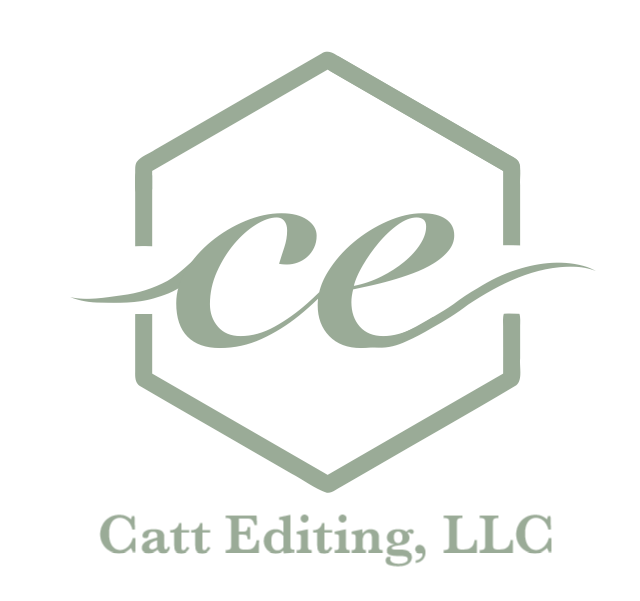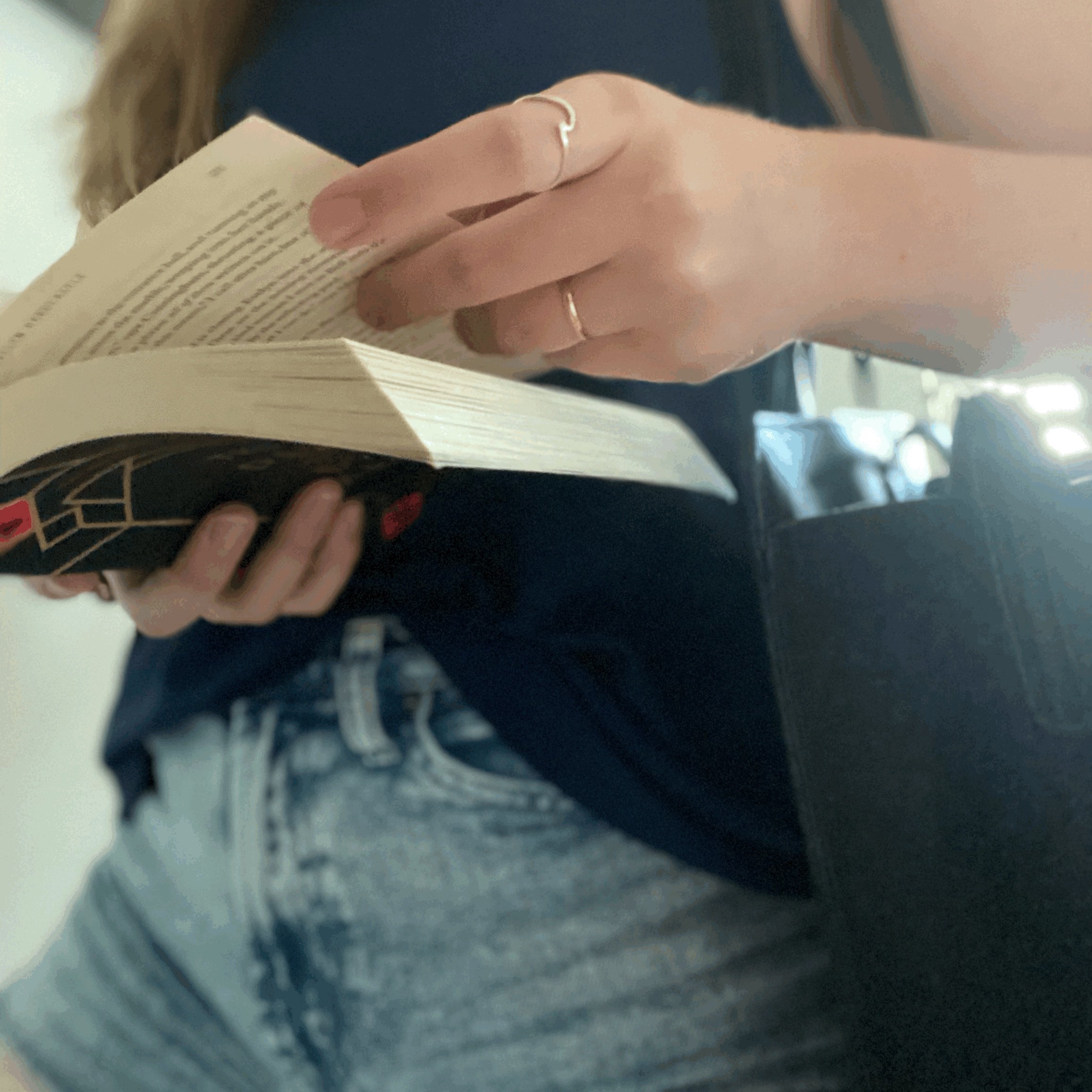
Looking for something specific?
Use the search bar below.
All About Proofreading
Proofreading is for last-minute touch-ups before publishing.
Some things a proofreader might look for are errors in punctuation, grammar, spelling, and simple formatting. They’ll make sure all the cross-references that say, “See page X for more information about this,” actually line up and have the correct page number. They’ll make sure a chapter number isn’t skipped or duplicated, that words aren’t cut off by graphics, that the pages look nice and clean. All the little details that you don’t really want to take the time to check are important, that’s what a proofreader will do for you—in addition to checking for typos, punctuation errors, and inconsistent grammar.
Does a Specific Audience Matter (in Nonfiction Books)?
Are you writing to experts in the field or someone who is just starting to learn about this topic? Are you writing to upper-class people, lower-class people, or people of all SES backgrounds? Are you writing to people in your geographical area only or anywhere in the world?
You don’t need to write to everyone.
Style Sheets
A style sheet is basically a smaller style guide customized to each project. Style guides tell us the rules of English. The purpose of style guides is to ensure consistency throughout writing so we know what a piece of text is talking about. What if there wasn’t a single source telling us how to use a semicolon? I think; we’d use them; whenever we wanted. And it would be; confusing for everyone involved. So style guides are important.
Tricky Punctuation: Colon
Proper punctuation is really important! Today we will be learning about colons.
Tricky Punctuation: Parentheses
Punctuation can get really tricky! This post talks about how to use parentheses properly.
5 Ways to Improve Your Productivity as an Author
For authors, especially for self-publishers, writing well and writing fast are our bread and butter. If we cannot produce books, we don't make any money. And if we don't make any money, then writing is just a hobby.
For some people, that is just fine. Writing can be a hobby, and a very fulfilling one at that.
However, for the rest of us, if we want to make a living at writing books, we have to learn to write efficiently.
In this article, I will cover a few tips on how to do this.
Fiction Writing Exercises and Prompts for Writers
Writing exercises are a good way to practice without too much commitment to a story. The point is to write, as most of the time, the pressure is on how to start. Exercises like this can make you feel less overwhelmed and help you put pen to paper (or fingers to keyboard).
Gendered Language: Tips for Inclusive Writing
It’s very rare that someone intentionally goes out to exclude someone through their writing, and most people don’t mean to throw in sexist stereotypes when they’re writing a book. And yet it happens every day. . . . Why is this? And more importantly, what can we do about it?



















